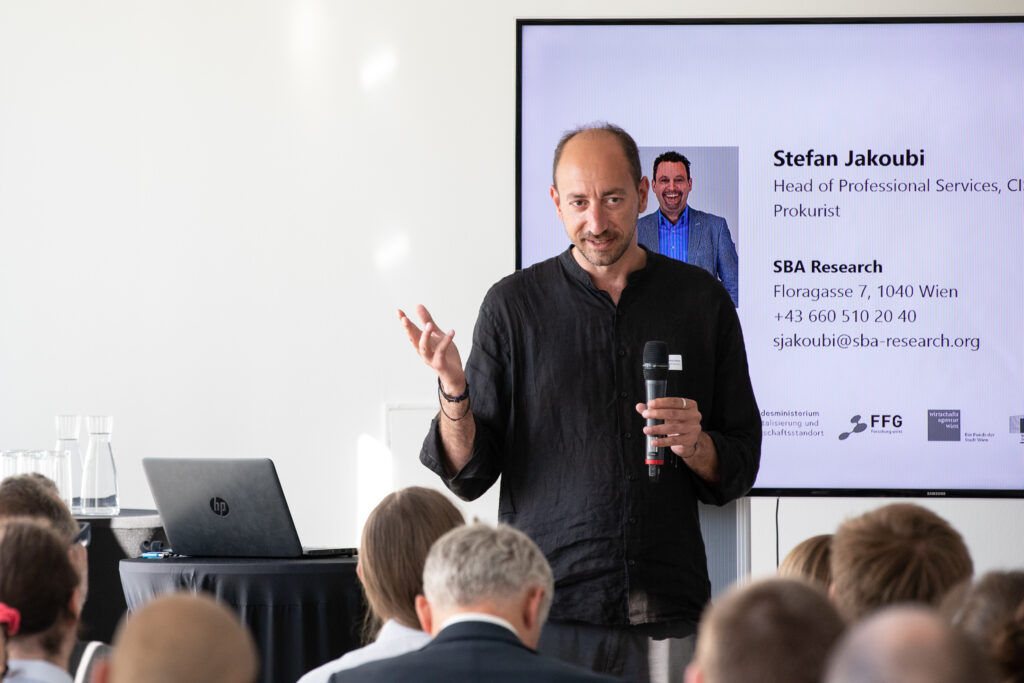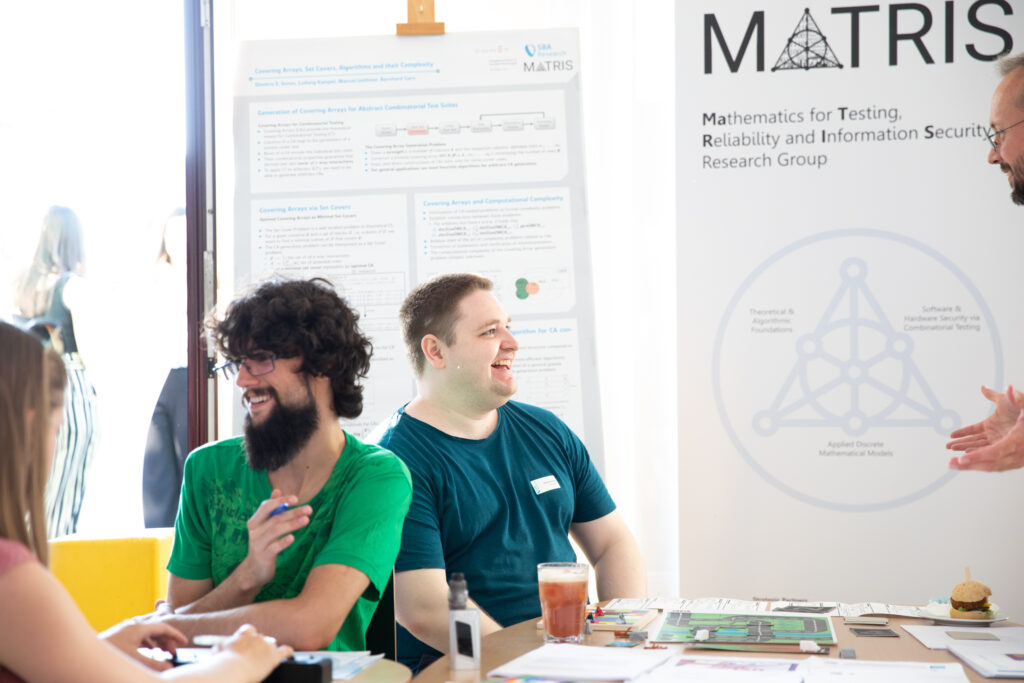MATRIS was founded to facilitate the connection between discrete mathematics, computer science in general, and, in particular, the interplay with information security. Our principal mission is to develop mathematical foundations and related primitives from the field of discrete mathematics and apply them to real-world problems of software testing and information security. For these reasons, MATRIS centers on combinatorial testing methodology and approach.
Combinatorial testing (CT) is a black-box model-based testing approach. It utilizes mathematical structures to combine a configurable guaranteed level of coverage between interactions of input parameters with a small number of required test cases. One of the unique advantages of our renowned research, particularly when applied to information security, is the ability to create complex test cases and reveal hard-to-spot software faults or vulnerabilities in an automated way. Hence, such issues become explicable with a time and cost-efficient technique.
We are working towards novel innovations, for instance, by developing new algorithms for generating optimized combinatorial test sets employing techniques from quantum-inspired computing. Moreover, we are investigating and optimizing fundamental pre-existing structures of Artificial Intelligence, such as neural networks based on combinatorial approaches. Developing combinatorial methods to provide explainability, reliability and confidentiality purpose-built for the unique challenges posed by these systems is of paramount importance, enabling vendors to offer robust solutions ready to withstand the threats of tomorrow.
As the accomplishment of these goals require an interdisciplinary approach, MATRIS operates through three thematically focused research teams concentrating on various aspects of combinatorial testing to enable interdisciplinary interaction between discrete mathematics, mathematical modelling, algorithms, and software engineering.




